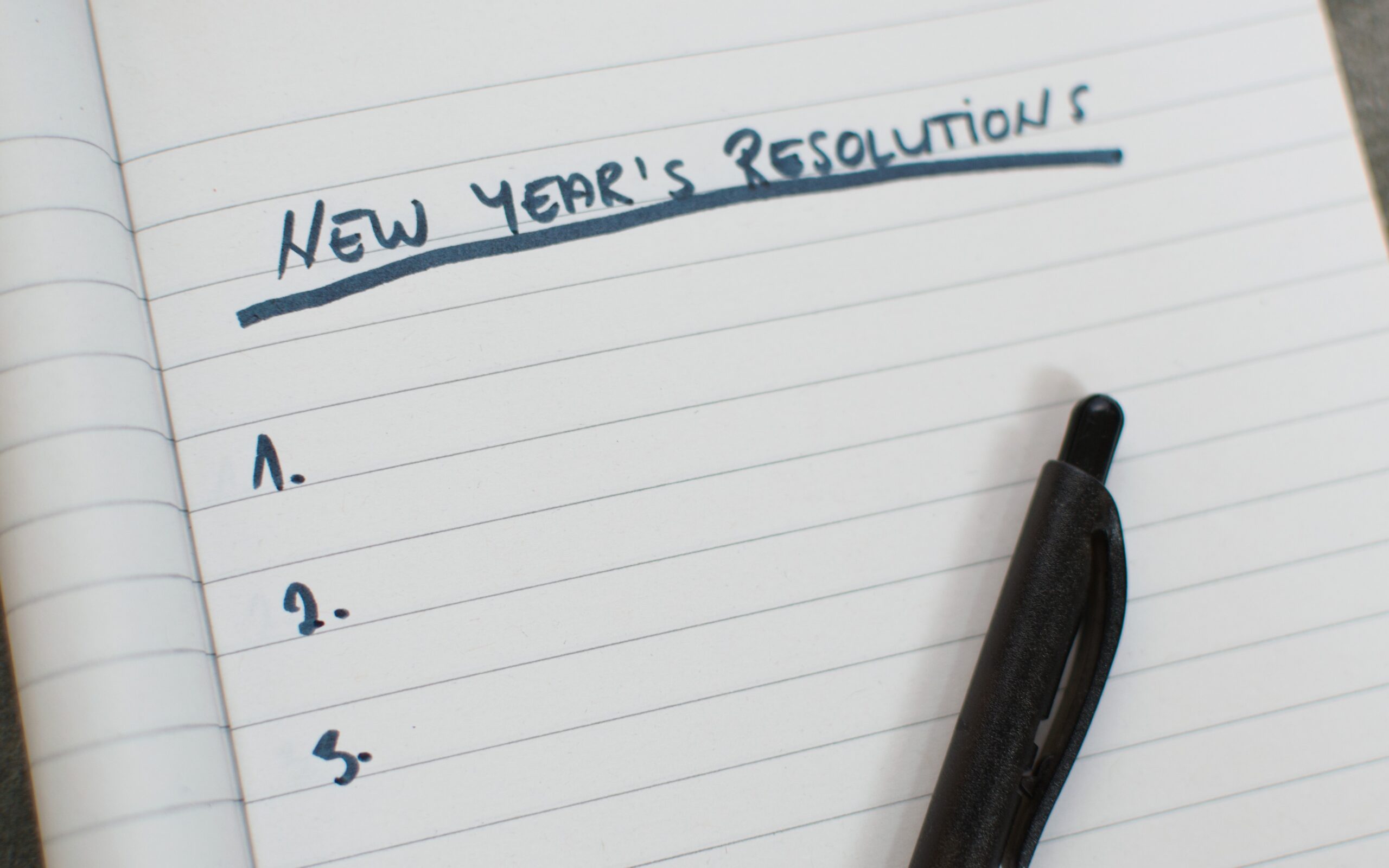The New Year is a time to start again and create new goals for yourself to accomplish. For an individual struggling with substance abuse issues, his or her New Year’s Resolution may be to engage in a lie of recovery or to continue maintaining sobriety. This is one of the most admirable goals you could have, as it benefits both you and those who care about your well-being. Here are five helpful tips that should keep you on the road to recovery in the New Year.
Record your daily thoughts
They are much easier to understand and overcome whenever they are in written form. According to a 2006 whitepaper on journaling and behavioral health issues, the individuals in the study who journaled their thoughts experienced the largest reduction in symptoms like depression, anxiety, and hostility, compared to the group that did not.
Spend quality time with friends and family.
Doing this will not only help you to substitute a harmful practice for a beneficial one, but it will also remind you of those who care about you and why you should keep striving for your goal of sobriety. You will also be provided with encouragement to keep your mind on your successes as you continue your healing journey.
Be open with others about your progress.
Treating addiction is not a process that is easy to go through alone and one of the cornerstones to recovery is honesty. Therefore, it is important that you have an open line of communication with at least one individual to keep them updated on your progress and your goals. In fact, a support group of any kind is associated with an increase in lasting sobriety by almost three times than without treatment, via a 2016 study. Be sure to not only talk to them when life becomes difficult but also when you are proud of yourself and have something to celebrate. This will create a stronger relationship, and you are more likely to receive help when you need it.
Find a new hobby.
Stopping a harmful habit is often very difficult, but it becomes much easier when you start doing something else in its place, such as exercise or recreation. This is especially true when the negative habit is addictive, which typically makes it even harder to break. A 2010 study published in The European Journal of Social Psychology stated that it takes an average of 66 days to change one’s behavior, although this range can vary from 18 days to 254 days. This process is likely even longer and more difficult when dealing with addictive substances, so it is imperative to start forming new habits as soon as possible.
Consider external help.
Sticking to your goal by yourself can seem impossible. Luckily, there are numerous treatment centers and programs that can help you to stay accountable for your recovery and provide you with the necessary tools to help you succeed. Whether you thrive in individual or group settings, there is always a way to make lasting sobriety more attainable for you.
JADE Wellness Can Help
For many, addiction and abuse can quickly spiral out of control and result in grave consequences. If you or a loved one is struggling with addiction to any substance, JADE Wellness is here to help you. JADE Wellness Center is Pittsburgh’s first comprehensive medication-assisted treatment center, also offering individual and group therapy sessions. Call us at 412-380-0100 or visit the JADE Wellness Center website to begin your path to recovery.

